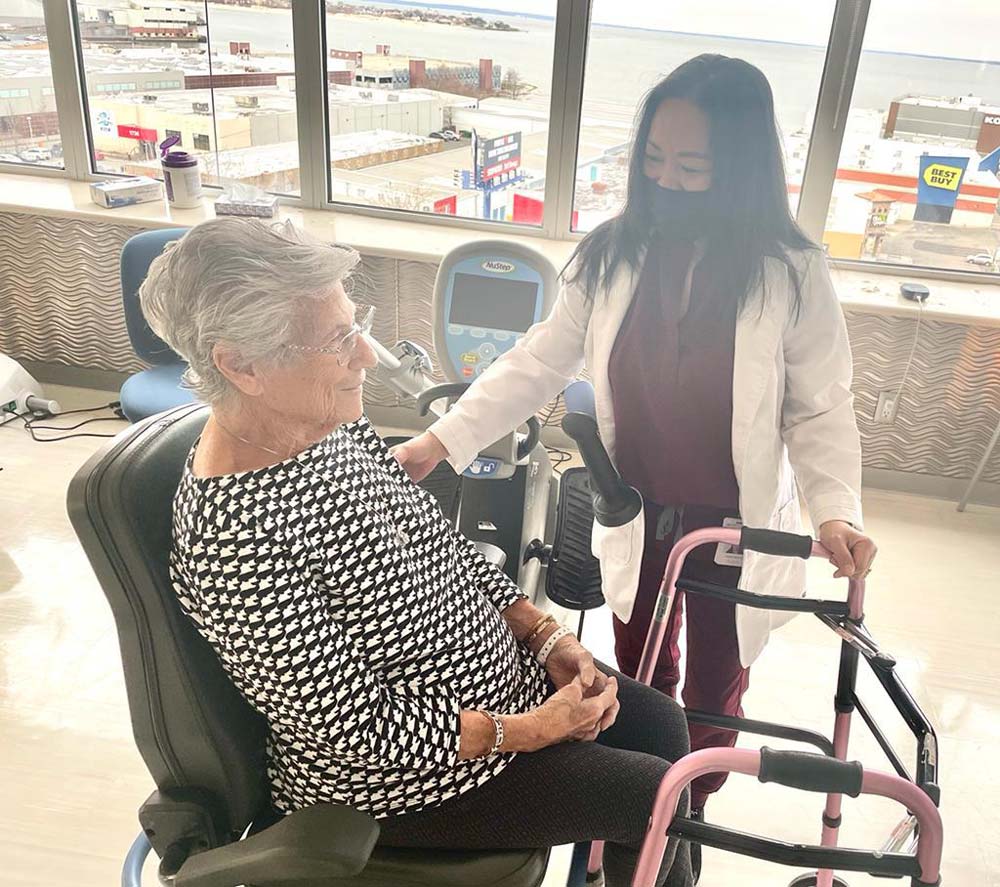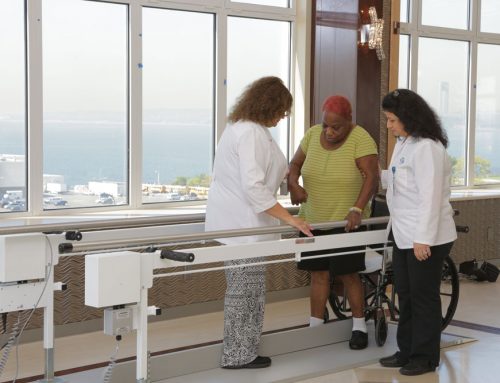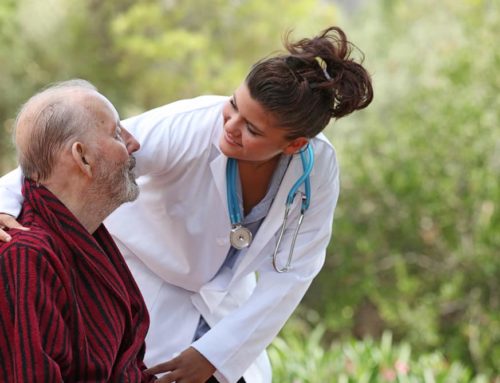Strokes are the result of a lack of blood flow, and more importantly oxygen, to the brain. When this happens, brain cells die, taking some of their functions with them. Luckily, there are a few types of therapy for stroke recovery that can help restore your brain functions.
Only your doctor will be able to decide the right therapy for you by considering certain factors. These include the severity of the stroke, the areas of the brain that are damaged, and your overall health. Once your therapy has been decided, your motivation to reach those goals will determine how quickly you recover. We’ll discuss what therapy options may be available to you after a stroke in the following sections.
The Best Therapy for Stroke Recovery
There are a few different types of therapy for stroke recovery, depending on your needs. They offer varying benefits, depending on the type of therapy you’ve been assigned. Your doctor may suggest one or several of them to help you with your recovery. Let’s take a look at what each of these therapies has to offer after a stroke.

Physical therapy
Your body is designed to heal naturally, though it may need some help after a stroke. Physical therapy for stroke recovery incorporates exercise and other activities to restore the body’s natural movements. Physical therapy can involve motor-skill exercises and range-of-motion therapy to improve muscle strength and reduce tension. There could also be some mobility training, using walkers, canes, or wheelchairs, to get you moving on your own.
Occupational therapy
Occupational therapy is designed to focus on specific motor skills to help you regain your independence. These skills include normal daily tasks that we take for granted, such as dressing, bathing, tidying the house, and eating. Even work-related or leisure activities can be relearned using this stroke recovery therapy. As well as helping you with motor skills, balance, and coordination, you’ll also regain your confidence and self-esteem.
Speech therapy
There are several benefits to speech therapy after a stroke. It can help you regain your ability to speak, listen, and write. Doing so ensures that you can communicate effectively with those around you.
Another aspect of speech therapy for stroke recovery is to relearn swallowing since some individuals experience difficulty or discomfort. Such issues can affect their ability to eat, which could lead to weight loss, malnutrition, or dehydration. They may also choke when trying to swallow, which can be quite dangerous. Speech therapists determine the cause of these issues and decide on the best treatment plan for quick recovery.
Psychological counseling
Those recovering from a stroke may experience depression or anxiety. Such feelings stem from their inability to live their life as they’re used to. A lack of physical or mental skills can take a toll on their emotional and mental health.
To help you overcome these negative feelings, psychological counseling may be recommended as part of your stroke recovery therapy. It can include sessions with a trained counselor, as well as with a support group of other stroke survivors. You may also have the option to join recreational activities to help increase your self-esteem and improve your outlook.
This content comprises informative and educational resources only and can not be considered as a substitute for professional health or medical guidance. Reliance on any information provided in this article is solely at your own risk. If you have any inquiries or apprehensions about your medical condition or health goals, talk with a licensed physician or healthcare provider.






Leave A Comment